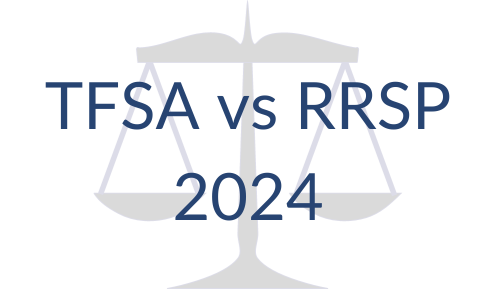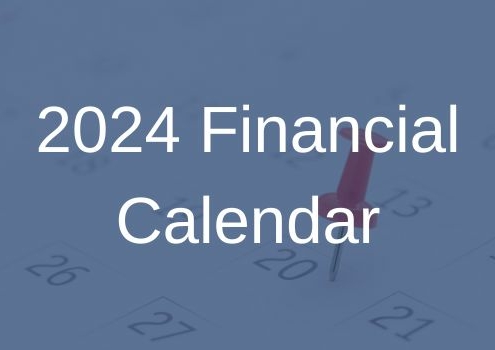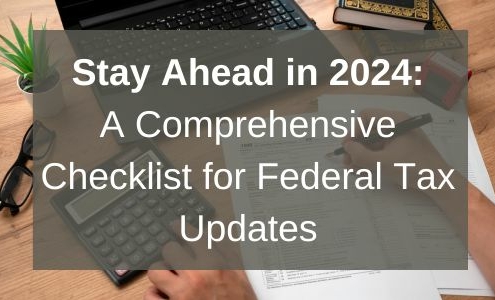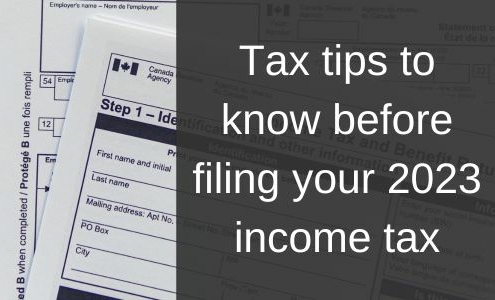
2024 Federal Budget Highlights
On April 16, 2024, Canada's Deputy Prime Minister and Finance Minister, Chrystia Freeland, presented the federal budget.
While there are no changes to federal personal or corporate tax rates, the budget introduces:
• An increase in the portion of capital gains subject to tax, rising from 50% to 66.67%, starting June 25, 2024. However, individual gains up to $250,000 annually will retain the 50% rate.
• The lifetime exemption limit for capital gains has been raised to $1.25 million. Additionally, a new one-third inclusion rate is set for up to $2 million in capital gains for entrepreneurs.
• The budget confirms the alternative minimum tax changes planned for January 1, 2024 but lessens their impact on charitable contributions.
• This year's budget emphasizes making housing more affordable. It provides incentives for building rental properties specifically designed for long-term tenants.
• Introduces new support measures to aid people buying their first homes.
• Costs for specific patents and tech equipment and software can now be written off immediately.
• Canada carbon rebate for small business

TFSA vs RRSP – 2024
When looking to save money in a tax-efficient manner, Tax-Free Savings Accounts (TFSA) and Registered Retirement Savings Plans (RRSP) can offer significant tax benefits. The main difference between the two is that TFSAs are ideal for short-term goals, such as saving for a down payment on a house or a vacation, as its growth is entirely tax-free, while RRSPs are more suitable for long-term goals such as retirement. When comparing deposit differences, TFSAs have a limit of $7,000 for the current year, while RRSPs have a limit of 18% of your pre-tax income from the previous year, with a maximum limit of $31,560. In terms of withdrawals, TFSAs have no conversion requirements and withdrawals are tax-free, while RRSPs must be converted to a Registered Retirement Income Fund (RRIF) at age 71 and withdrawals are taxed as income.

2024 Financial Calendar
Stay ahead in 2024 with our comprehensive financial calendar! From tax filing to benefit distributions, we guide you through key dates like the $7,000 TFSA contribution and $8,000 First Home Savings Account. Bookmark now for a financially savvy year!



